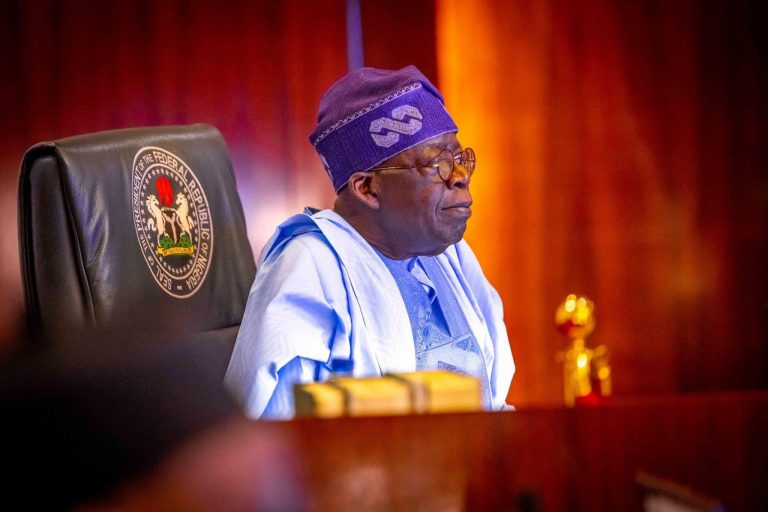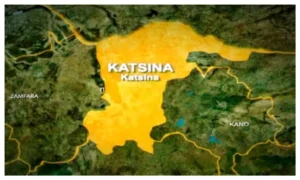
The Federal Government has scrapped the Junior Secondary School (JSS) and Senior Secondary School (SSS) structure, replacing it with a 12-year uninterrupted basic education system. Under this new model, Nigerian students will undergo continuous education before advancing to higher institutions.
This marks the end of the 6-3-3-4 system, which will now be replaced by a 12-4 structure. Additionally, the government has proposed setting 16 years as the minimum entry age for tertiary institutions, pending approval from the National Council on Education (NCE).
Minister of Education, Dr. Tunji Alausa, announced the reform on Thursday in Abuja during the 2025 extraordinary NCE meeting. The NCE, the highest policy-making body in the education sector, had in attendance commissioners of education from the 36 states and the FCT, as well as representatives from education agencies and development partners.
According to Dr. Alausa, merging secondary education with basic education will ensure students receive uninterrupted learning until age 16, aligning with global best practices.
He emphasized that the reform aims to reduce dropout rates by removing financial and systemic obstacles that hinder students from completing secondary education. The initiative will also introduce standardized curricula nationwide, early vocational and entrepreneurial skill development, and better preparation for both higher education and the workforce.
“Many developed countries have adopted similar models, ensuring students build strong foundational knowledge before specialization at the tertiary level. This reform aligns Nigeria’s education system with international standards, enhancing educational outcomes and global competitiveness,” Alausa stated.
He also highlighted the potential economic and social benefits, stressing that an extended education period would equip students with essential skills, reduce child labor, and curb social vices associated with premature school dropouts.
To ensure effective implementation, the government plans to focus on policy reforms, infrastructure expansion, teacher training and recruitment, funding and partnerships, and curriculum enhancement.







![[PHOTOS] Arewa Offa, Mustapha Amidat Concludes Skill Acquisition, Exhibition Programme](https://newsbulletin.com.ng/wp-content/uploads/2025/09/IMG-20250920-WA0011-300x300.jpg)